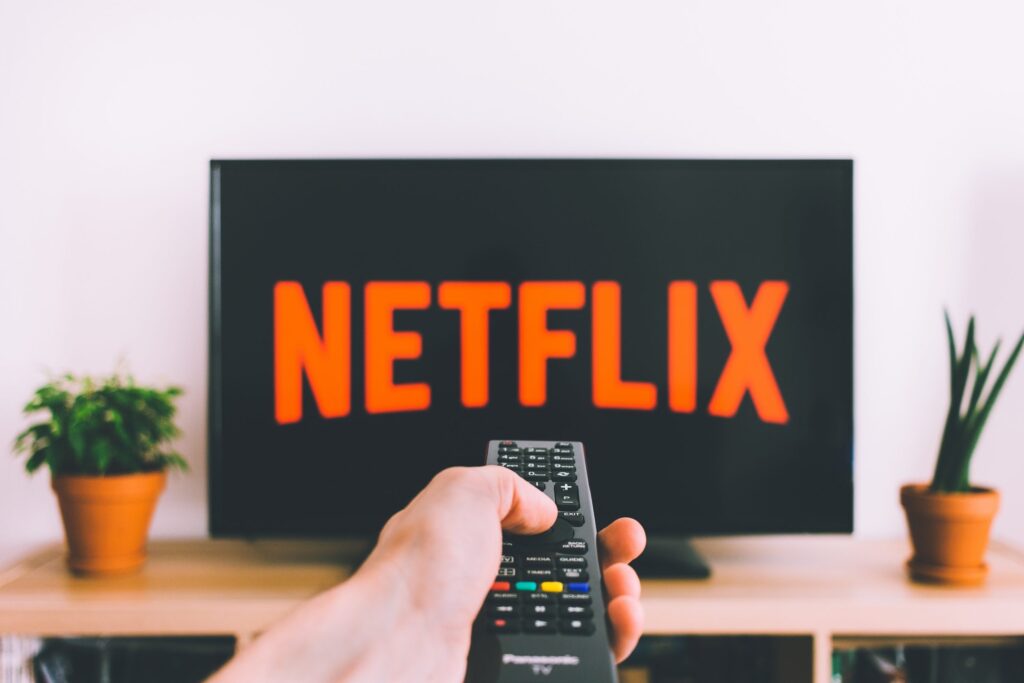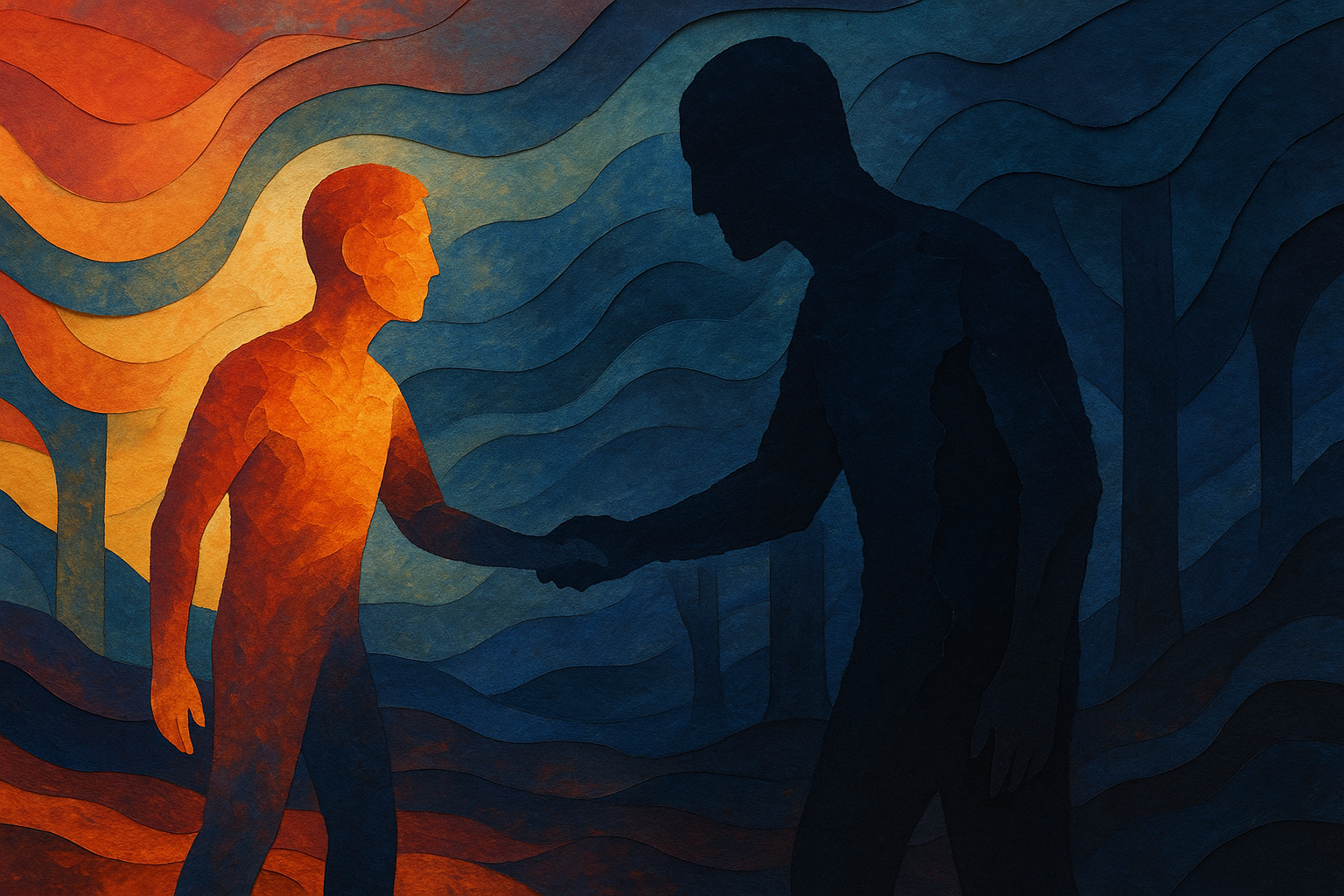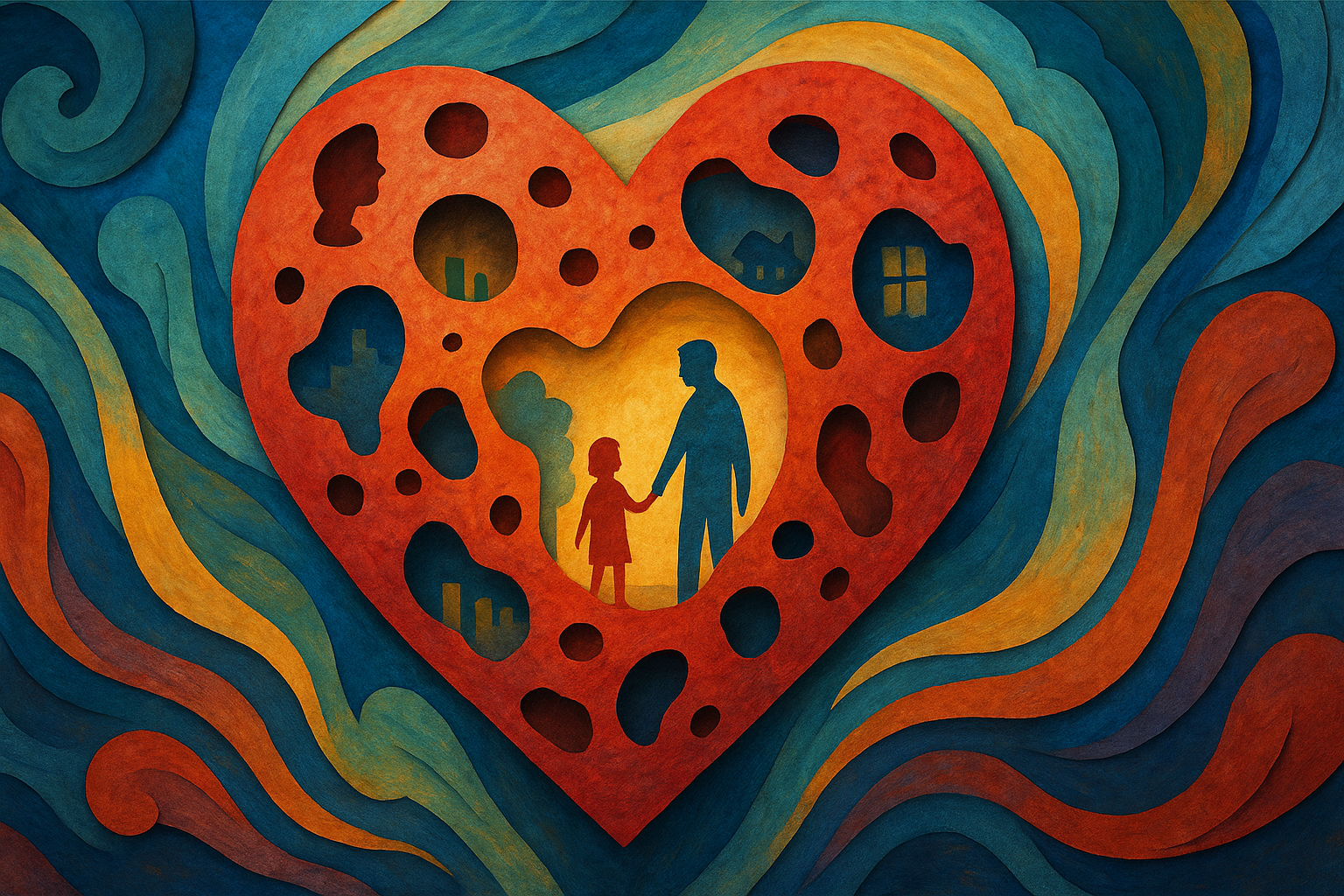Long before my first sip of alcohol, television offered a reliable way to escape anxiety or boredom. I could avoid chores, homework or my own thoughts by plopping in front of the TV, which was always on in our house as I was growing up.
Our TV was on a stand with wheels so that we could swivel it around to face the dining table while we ate meals and then back again to the living room. My childhood was filled with cartoons, Disney movies, sitcoms, dramas, variety shows, talk shows—you name it, I watched it.
The Real Housewives wasn’t around back then, but the soap opera Guiding Light allowed me to indulge in other people’s lives that were both fancier and way more messed up than my own. If I wanted to fantasize about being part of a big family, I could watch The Brady Bunch or Eight is Enough. And if needed to laugh, reruns of Gilligan’s Island and I Love Lucy were almost always on.
Before there was YouTube, my friends and I were glued to MTV watching music videos for hours after school. And pre-Netflix and Hulu, cable made it possible to watch movies without having to wait for them to air on fuzzy UHF channels.
My TV habit followed me throughout my life. During college and for a few years after, I spent more time partying than viewing. But by my mid-20s I had settled into a simple routine: If I was home and awake, the TV was on.
I even had a Sony Watchman—a portable TV about the size and shape of a cordless house phone—that I carried around with me in the late 1980s. It worked like a transistor radio (with an antenna), had terrible reception and the display was black and white, but I loved that thing!
More Screens, More Distraction
The arrival of the home computer and internet access were mixed blessings. I could play around on my desktop and actually produce useful things, unlike the passive practice of watching TV. But it was so easy to sit down at my computer with good intentions and then spend hours surfing websites and feeding my obsession with fonts and clip art.
I spent a ridiculous amount of time uploading music from CDs to my computer and creating the 1990s equivalent of the mixed tape. Once iTunes and iPods came along, it was even easier to get lost in the challenge of putting together the perfect playlist.
With the introduction of smartphones, I now had constant stimulation and diversion at my fingertips 24-7. It didn’t take long for me to ramp up my usage and develop an itchy hand, automatically reaching for my phone at any pause in human interaction.
The new normal became: Wake up and check email, social media and the weather app while still in bed, and then turn on the TV to watch the news. Listen to podcasts on my commute to and from work. Check my phone throughout the day at the office. Turn on the TV at home as soon as I walk in the door. Binge watch my favorite shows or channel surf while also scrolling through my phone. Watch late night talk shows in the bedroom and then check social media one last time. If insomnia rears its head, my phone is always a grasp away on the nightstand. Sound familiar?
Struggling to Moderate
About three years ago I began admitting to myself that alcohol and media consumption were stealing time from my life—time that could be spent doing so much more. Despite this knowledge, I struggled with moderating both habits.
With alcohol, it became clear that I was not going to achieve my personal goals without removing it from my life entirely. But I wasn’t yet prepared to drastically limit my TV and social media use.
I started with a few simple objectives:
- No more TV in the mornings
- Keep the TV off as much as possible on the weekends
- Appointment TV only—no more surfing and watching whatever seems tolerable
I’m pleased to report that I achieved victory on all three! That said…
I still watch about one to two hours of TV in the evenings, every night, plus about 30 minutes of talk shows before bed. It’s how I relax and spend time with my husband. I am much more rigorous now about adding new shows to my schedule—they really have to knock my socks off. Given the quantity and quality of programming, however, it’s not hard to fill every night of the week with worthy shows.
Much like with drinking, I feel like I’ve discovered my TV threshold—the lowest I can go without quitting altogether. At this level, I am no longer consumed by my viewing, but neither am I totally free. I’m feeding my habit just enough to keep it alive.
Social media has proven even more difficult to moderate, and I know I’m not alone. I’ve seen many people announcing that they’re taking digital breaks only to come back sooner than planned.
Numerous times I’ve instituted periods where I allow myself to scroll through social media for only two 15-minute periods per day. I almost always cheat and then quickly go back to business as usual. The fact that so many of us use social media for our careers and to stay up-to-date on the news makes social media fasting seem near impossible.
Reasons to Quit
Quitting drinking a year-and-a-half ago was one of the best decisions I’ve ever made. I suspect that abandoning my media habit would also produce amazing results.
As I weigh my next move, I’ve been building up the rationale for a total TV blackout and a strict social media diet:
Time: I will gain a minimum of seven hours a week for writing and other activities if I give up TV viewing. Halting the practice of picking up my phone every few minutes will help me focus and get tasks done faster.
Calm: News and political opinion overload is stress inducing. I can literally feel my blood pressure rising as I engage in pointless online debates. Whenever I step away from this kind of interaction, I feel less anxious.
Growth: Immersion in media/tech leaves little to no time for self-reflection and can interfere with personal development. I’ve learned so much about myself in the time since I stopped drinking.
I’ve already tried changing my home screen to grayscale, and I plan to experiment with other “take control of your phone” ideas on the Center for Humane Technology’s website.
There’s so much inspiration out there, and within, if we just tune in to the right sources. I’ll end with a quote from the book Silence: In the Age of Noise by Erling Kagge:
“I tend to think about silence as a practical method for uncovering answers to the intriguing puzzle that is yourself, and for helping to gain new perspective on whatever is hiding beyond the horizon.”



